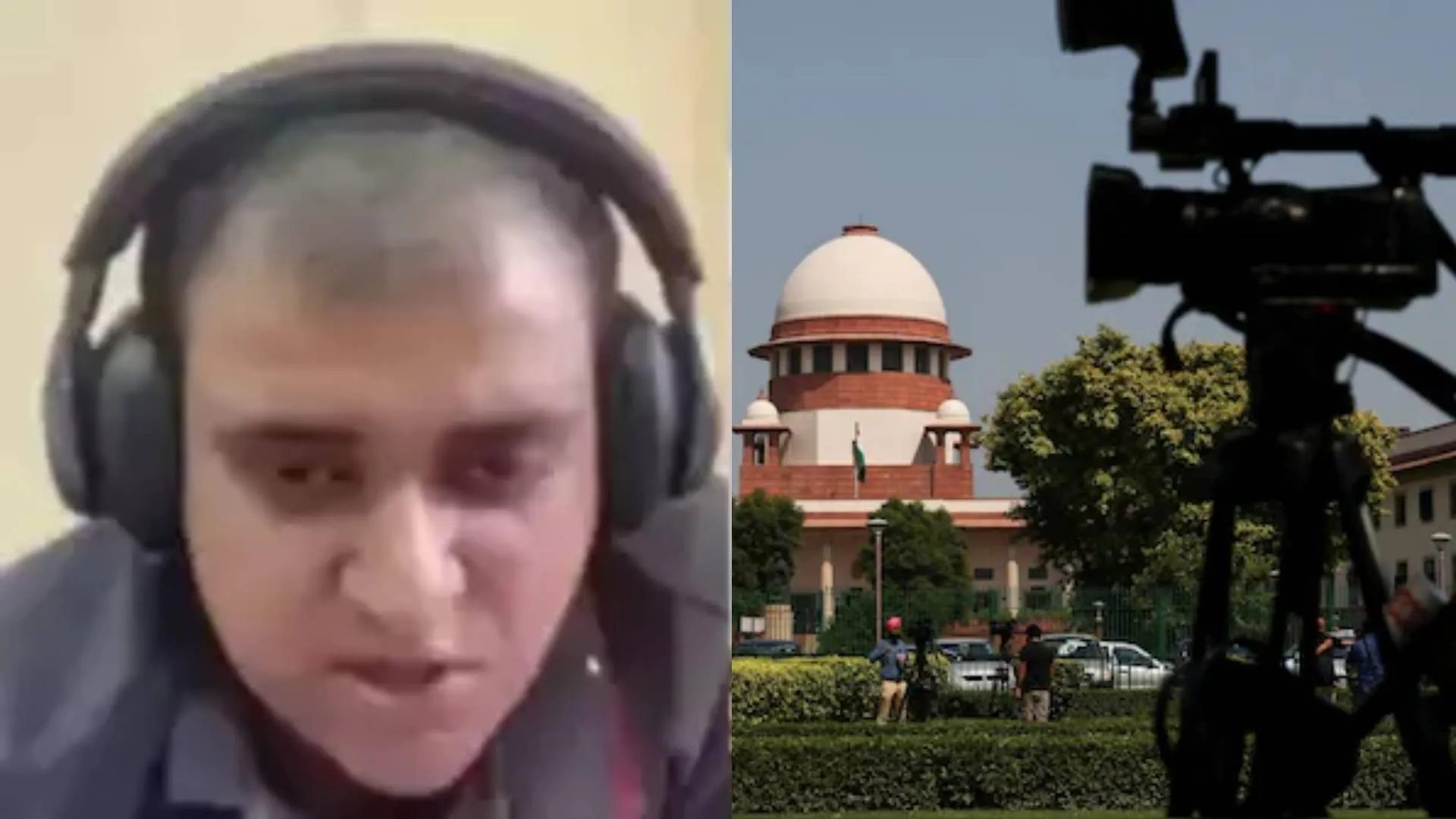The Karnataka High Court has rejected the classification of the phrase “go hang yourself” as an abetment of suicide, acknowledging the intricacies involved in determining such culpability.
This decision arose from a case where a man was accused of provoking a priest’s suicide by allegedly uttering these words during a conversation about the priest’s purported relationship with the man’s wife.
The defence argued that the statement was a product of distress upon discovering the alleged affair, and the priest’s decision to take his own life was influenced by the affair becoming public rather than solely by the accused’s words.
Conversely, the prosecution contended that the priest’s suicide was a result of the accused’s threatening language regarding exposing the affair.
However, the court, relying on Supreme Court precedents, emphasized that such statements alone might not amount to abetment to suicide. It acknowledged the various factors contributing to the priest’s suicide, including his alleged extramarital relationship despite his role as a father and priest.
Recognizing the intricacies of human psychology, the court highlighted the challenge of understanding the human mind and declined to label the accused’s statement as abetment to suicide.
As a result, the court dismissed the case, underscoring the complexity of human behaviour and the limitations in fully comprehending the motivations behind such tragic events.























